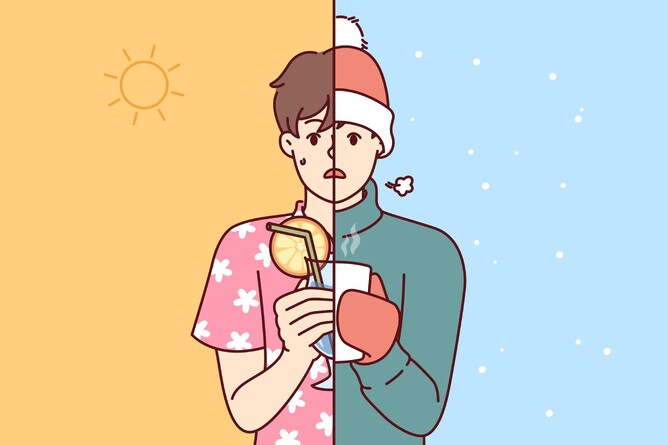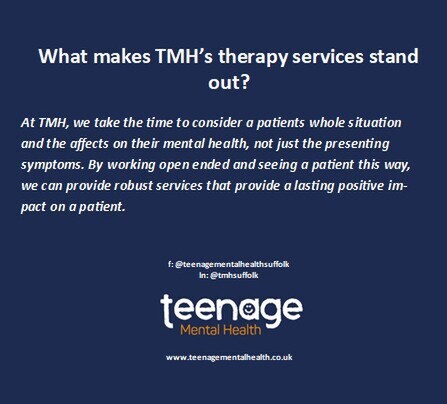Understanding Seasonal Affective Disorder (SAD)
Seasonal Affective Disorder (SAD) is a type of depression that occurs at a specific time of year, usually during the darker autumn and winter months. It's often referred to as a winter depression, and its symptoms can significantly impact an individual's mood and overall well-being.
What is Seasonal Affective Disorder?
SAD shares similarities with general depressive disorders, but its onset is seasonal. Common symptoms include persistent low mood, irritability, fatigue, difficulty concentrating, and changes in sleep patterns. People with SAD may also experience an increased appetite, particularly cravings for carbohydrates, leading to changes in weight.
What Causes SAD?
Ever wondered why winter seems to cast a bit of a shadow on our moods? Let's touch on potential causes of Seasonal Affective Disorder (SAD). While the exact cause isn't a crystal-clear picture, we do know that the winter sun plays a major role. This lack of sunlight can affect the body's internal clock (circadian rhythm) and lead to disruptions in the production of melatonin and serotonin, neurotransmitters that influence mood and sleep.
SAD is like that friend who shows up uninvited when the days get shorter. And as we started, it can be easy to blame it on the reduced sunlight messing with our internal body clock and messing with our mood and sleep influencers.
But wait, there's more to the story! Besides the sun's shy appearance, SAD might have some social and personal factors at play. Winter doesn't just take away sunny days; it swipes our outdoor hangs, fun activities, and those moments of physical joy. Influencing physical and mental wellbeing.
There’s the winter nostalgia. Missing the warmer times, gatherings, and possibly that sun-soaked place you once called home. And ah, Christmas is around the corner. It brings a mix of emotions—from festive joy to financial stress and the longing for those no longer with us.
As we bid adieu to the festive season, the reality check hits hard. The cold, dark days stretch out, and it feels like a bit of a slump. All these factors can throw melatonin and serotonin, our mood and sleep game-changers, a bit out of whack.
How Can Parents Help Their Children and Themselves with SAD?
1. Maximise Natural Light Exposure: Encourage outdoor activities during daylight hours. Open curtains and blinds to let sunlight into your home, creating a brighter environment.
2. Light therapy, or phototherapy, involves exposure to a bright light that mimics natural sunlight. Consider investing in a lightbox and incorporating it into your child's daily routine.
3. Maintain a Healthy Routine with consistency in daily routines, including regular sleep patterns and meals, can help regulate circadian rhythms and improve mood.
4. Encourage Physical Activity because exercise releases endorphins, which are natural mood lifters. Engage in activities your child enjoys, whether it's a walk in the park or a fun sports activity.
5. Providing your child has a balanced diet, including foods rich in omega-3 fatty acids, which are believed to have mood-stabilising effects.
6. Open Communication talking with to your child about their feelings and emotions. Create a safe space for them to express themselves and consider involving a mental health professional if needed.
Navigating Low Mood as an Annual Experience
Understanding the Annual Cycle of Low Mood
For some individuals, low mood isn't solely tied to seasonal changes but may follow an annual cycle due to unprocessed losses or changes. Life events such as the anniversary of a significant loss, a traumatic experience, or a major life change can trigger feelings of sadness, grief, or anxiety. And sometimes, these are not always conscious. Specific dates, periods of times or annual events can be difficult to navigate similarly to SAD.
Recognising the Impact of Unprocessed Losses
Unprocessed losses can linger beneath the surface, resurfacing each year and impacting mental health. It's crucial to acknowledge the weight of these emotions and the potential impact on daily functioning.
How Parents Can Support Their Children through potential Annual or periods Low Mood:
1. Validate feelings. Let your child know that their feelings are valid. Encourage open conversations about what they might be experiencing during specific times of the year. Children especially may recall experiences differently than you recall, but this is their reality in the moment, and without validating it, it’s hard to successfully help process it in the hope of easing their distress.
2. Create rituals of remembrance might be helpful? Establishing positive rituals around anniversaries or difficult times can help provide structure and support. This could include lighting a candle, visiting a special place, or engaging in an activity that honours the memory or change. Change and Loss can look different over time, and for some letting things ‘be forgotten’ may not always be helpful too soon or in general.
3. Professional Support for when low mood significantly interferes with your child's daily life, from a therapist or counsellor can be beneficial. They can address what may be the causes and provide strategies for coping with recurring emotions.
4. Encourage Reflection helping your child to explore and reflect on their emotions and feelings (including the physical ones). Journaling or engaging in creative activities can be therapeutic and aid in processing complex feelings.
5. Build a Supportive Network who can empathise and encouraging connections with friends, family, or support groups. Having a network of understanding individuals can provide comfort during challenging times.
About Teenage Mental Health (TMH)
We don’t believe anyone, especially children should have to wait for mental health support. That’s why TMH remains committed to maintaining a service that can respond and provide services swiftly no matter how great the demand is on us. If you know someone who needs immediate therapeutic support, let them know about TMH.
Visit our website at http://www.teenagementalhealth.co.uk) to learn more about our services and how we can help. We're here to support you and your family on your mental health journey.
ASK A THERAPIST: WOMBLE
Womble wants to know what questions you would ask a therapist if you had the chance? Or is there a general topic we could write a blog on? You can email your questions or topics to hello@teenagementalhealth.com and Womble will ask the clinical team to respond in the next newsletter.
BOOKMARKS
We have been celebrating distributing over 60000 of our FREE bookmarks to schools and children’s services in and near Suffolk.
To view these and to find out how to request these for your organisation, view our Home Page and Scroll to the bottom.







